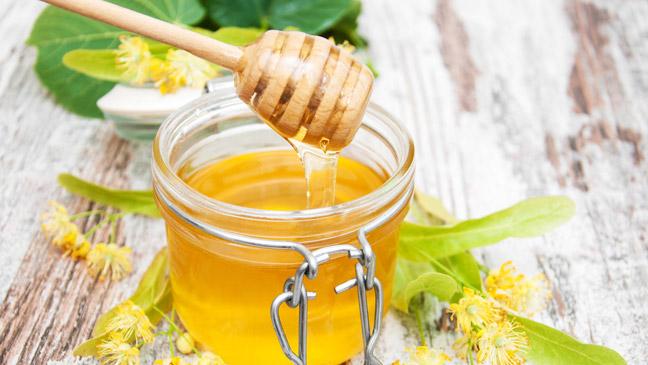Naturally sourced sugar – that gives fresh fruit, a few vegetables, and milk their particular sweet taste – is completely nutritious. It is the added sugar (sweetening added to during the preparation and processing) which we need to avoid. You don’t need to eliminate dessert: The secret is to eat smartly.
Gladly, a few big firms are getting on a side. During the past 4 years, breakfast cereal brands have reduced sugar, the milk business just recently reduced quantities in the chocolate milk delivered in schools, and Walmart is targeting 10 % less added sugar on choose food items.
Is there a thing called sweet tooth?
Absolutely yes, sugar love is within your DNA. Scientific study has discovered 2 sweet-receptor genes which can predict a desire for sweets.
Just how much is okay?

The American Heart Association (AHA) suggests the majority of women have a maximum of 24 grams of added sugar daily. That is around six teaspoons, or 100 calories – a bit lower than the quantity in a single can of soda. The truth is, the typical American woman consumes around 18 teaspoons a day.
Sugar is undetectable in unlikely food items, from such as salad dressing and crackers, which could give you above 24 grams. Read through product labels; when there’s a sweetener in the first couple of ingredients (several popular aliases: high-fructose corn syrup, evaporated cane juice, agave nectar, fruit juice concentrate, dextrose, fructose, as well as syrup), choose a brand having a low or no-sugar ingredient.
Is it truly that bad?

“Sugar is an essential part of our lives,” Miriam Vos, MD said. “However a bit goes a very long way.” The AHA connects added sugar to overweight, diabetes type 2, as well as heart-related illnesses. The bottom line is, consuming too much sugar could cause fat build up around the liver, which can result in these complications.
It isn’t all bad. “There’s no reason to stop the naturally sourced sugars found in fresh fruit, veggies, as well as low and non-fat dairy products,” according to Rachel K. Johnson, Ph.D. Just as sweet as a few of these things might taste, they consist of fairly small quantities of sugar. Additionally, nature’s packaging includes vital minerals and vitamins, in addition to fiber and water which slow down the discharge of sugars around the bloodstream, preventing insulin surges.
What’s going on with ‘natural’ sugars?

Sugar in the raw isn’t any better than normal sugar. Agave nectar, sadly, is likewise not good: The primary component, fructose, is likely to get held up around the liver greater than other sorts of sugar. A few sweetening, such as raw honey as well as scant, possess trace nutrients, however, they are the same as white sugar when it comes to calories – and a few have much more calories.
